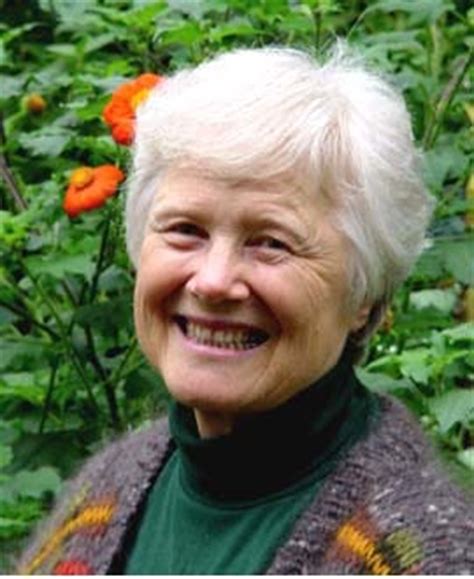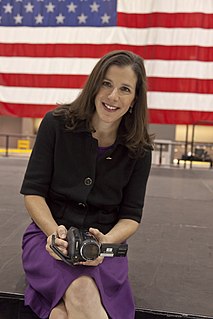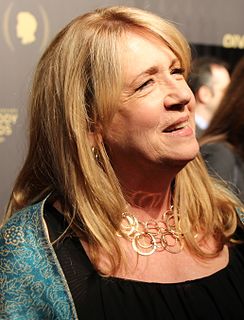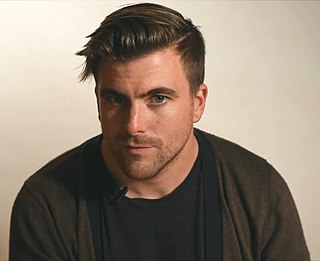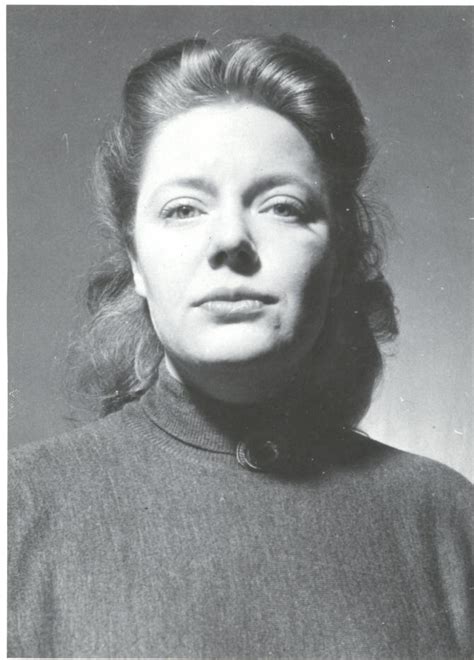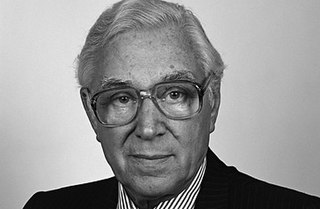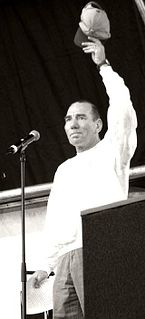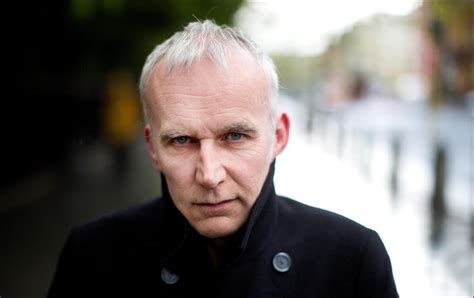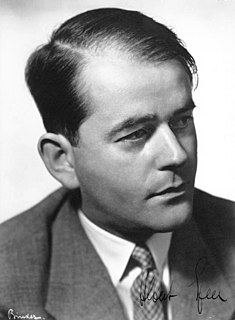A Quote by Trina Paulus
We were a religious, practicing, Catholic family - Mass together on Sunday, Catholic schools, and parents who practiced everything they preached. A great gift was their total absence of any derogatory talk about people of any race or culture and we were on a street of many faiths, though no other races at that early time.
Related Quotes
I think any information about any type of art form, it's always the right time. But since the last one, I could see there were many things about the culture of DJing that we don't really talk about. We don't really look at how the music is made, how it's conceptualized, how it's put together. We talk about the equipment and the software, but we don't talk about the reasons why we put the music together in the first place.
It's the culture, not the blood. If you can go anywhere in the world and adopt these babies and put them into households that were already assimilated in America, those babies will grow up as American as any other baby with as much patriotism and love of country as any other baby. It's not about race. It's never been about race. In fact the struggles across this planet, we describe them as race, they're not race. They're culture based. It's a clash of culture, not the race. Sometimes that race is used as an identifier.
My mother, father and brothers (I was the youngest of three boys), were all very sarcastic and we were a complete Irish-Catholic family. We didn't talk about our feelings ever, and if we did, we were yelling about them - there was no in-between. That's just carried over so many ways in my life and sabotaged relationships, sabotaged creative stuff.
The religious conflicts of the Reformation era were never simply and only about religion, because religion during this era as in the Middle Ages that preceded it, informed and was meant to inform every domain of life. Violence involving religion and touching other areas of life took many forms: from the Protestant destruction of Catholic religious art and objects in iconoclasm, to Catholic executions of Protestants who refused to renounce their views, to major destructive conflicts such as the French Wars of Religion and the Thirty Years' War.
This is the heritage of Catholic education ... one which those who went to Catholic schools always recognize in each other, members of a secret society who, when they meet, huddle together, temporarily at truce with the rest of the world, while they cautiously, untrustingly, lick each other's wounds.
My siblings and I were raised like tenants, to be honest. There was a total absence of intimacy in my family, though there was still a great deal of camaraderie among the kids. Things were set up almost like a business, and it had to be managed that way because we were really poor, and there were a lot of mouths to feed.
It [an ethical problem with in vitro fertilization] depends on whether you're talking ethics from the standpoint of some religious denomination or from just truly religious people. The Jewish or Catholic faiths, for example, have their own rules. But just religious people, who will make very devoted parents, have no problem with in vitro fertilization.
The Pope, if nothing else, should be a Catholic. If he were to announce that women would make great priests, except it's a pity that more of them aren't gay, because of the greater compassion they could bring to the task, it might endear him to liberal Catholic commentators , but it would make him something other than a Catholic, in the true sense.
The Americans had not played a very prominent part in the war of 1914-1918, he (Adolf Hitler) thought, and moreover, had not made any great sacrifices of blood. They would certainly not withstand a trial by fire, for their fighting qualities were low. In general no such thing as an American people existed as a unit; they were nothing but a mass of immigrants from many nations and many races.
I went to Catholic school my entire life. Elementary school was probably my worst time - those are the years when you're figurin' out who you are, and then you've got the added pressure of being on the light-skinned side of things. I've been around - excuse me saying - predominantly white people in Catholic school, who sit around and just talk about black people because they thought they were in the presence of themselves, and they used to talk cool. I felt firsthand the racial prejudice that is still alive today.
I am Catholic, I was raised Catholic, I am a practicing Catholic. But I say we need to agree to disagree. We have a shared mission around poverty, and I focus on that, because we do a lot with the Catholic Church around poverty alleviation. I'm always looking for: what is the common thread? What do we care about? What do we believe in? We believe in women around the world. We believe in all lives have equal value.
